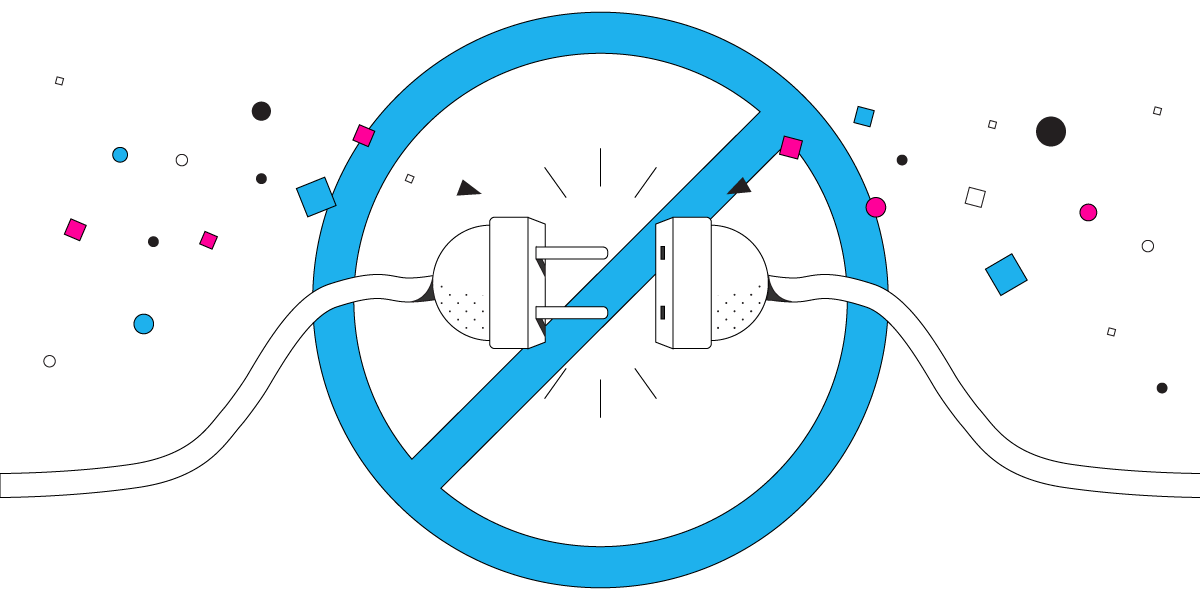
A recent study has raised alarms about the future of digital content preservation, revealing that a significant portion of online scholarly articles is at risk of disappearing. This finding has profound implications for researchers, academics, and anyone who relies on digital repositories for access to scholarly information.
Key Findings of the Study
The study, led by Martin Eve from Birkbeck, University of London, examined over seven million digital publications and found that approximately 28% of them were not archived properly, despite having active digital object identifiers (DOIs). DOIs are supposed to ensure the long-term accessibility of digital content, but the study shows that this is not always the case.
Reasons Behind the Disappearance
One of the primary reasons for this alarming trend is the inadequate resources available to smaller publishers, which often struggle to maintain proper digital archives. The study highlighted that many smaller publishers do not have the necessary infrastructure or funding to ensure the longevity of their publications. This issue is compounded by the assumption that a DOI guarantees perpetual access, which is not inherently true.
Implications for the Research Community
The disappearance of these papers poses a significant threat to the research community. Access to previous studies is crucial for ongoing research, replication studies, and ensuring the credibility of primary reasons. The loss of these resources could hinder scientific progress and the ability to verify past research findings.
Proposed Solutions
To address this issue, the study suggests implementing stricter requirements for DOI registration and enhancing awareness among publishers and researchers about the importance of long-term digital preservation. Additionally, establishing more robust archival systems and securing funding for smaller publishers are essential steps towards mitigating this problem.
The study underscores the urgent need to improve digital preservation practices to ensure the future accessibility of scholarly work. As the digital landscape continues to evolve, the research community must prioritize the preservation of digital content to safeguard the integrity and continuity of scientific knowledge.
















